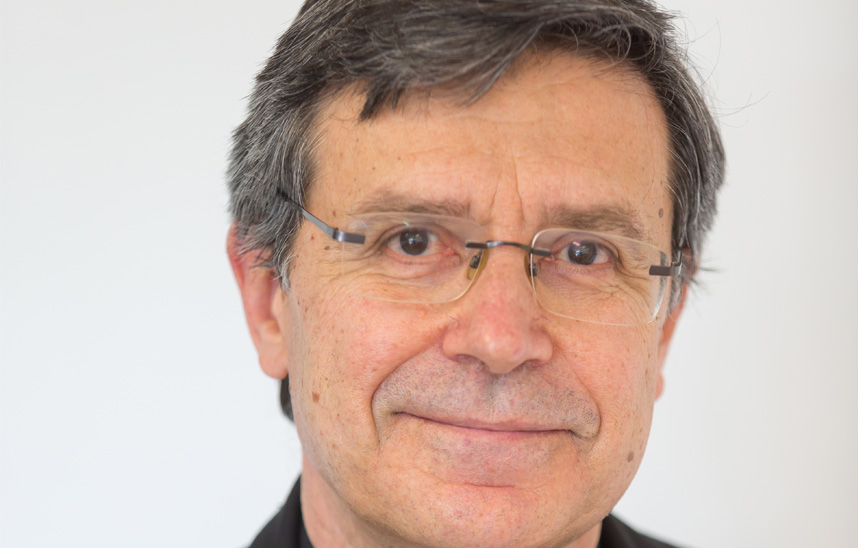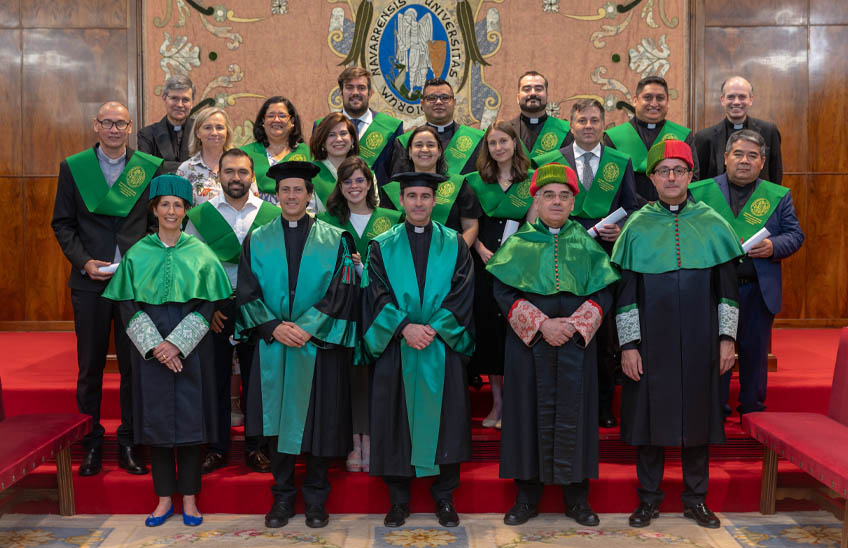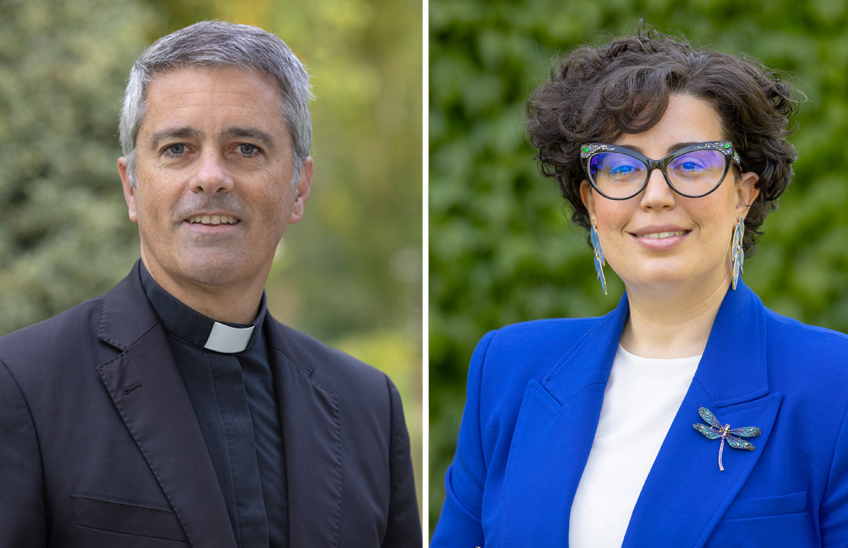Experts will reflect at the University on the novelties of the Pope's new rules and regulations 'Praedicate Evangelium' promulgated by the Pope.
Ten sessions and four colloquiums on the recently published Apostolic Constitution make up the XXXI Course of update of Canon Law to be held on November 24 and 25.

FotoManuelCastells/Antonio Viana, president of the XXXI Course of update of Canon Law.
17 | 11 | 2022
On November 24-25, the University of Navarra will bring together experts from Italy and Spain to study the new features of the Apostolic Constitution Praedicate Evangelium, which entered into force on June 5. In this regard, the XXXI Course of update of the School of Canon Law will analyze above all the general principles, the organization of the curial institutions, the distribution of competencies, the nature and scope of the vicarious power of the curia, the participation of the lay faithful and even the responsibility for curial acts.
Professor Antonio Viana, president of the Course at update, recalls that the principles of the Second Vatican Council have had such relevance that under its inspiration three global reforms of the Curia have already been carried out in barely half a century: that of Paul VI, that of John Paul II, and now that of Francis.
He points out that "it is a long-awaited law and a fundamental pillar of the reforms established in the central organization of the Church". He also explains that it is interesting to study this Constitution for three reasons: "It is one of the signs that identify the pontificate of Pope Francis, since the decision to proceed with a reform of the Curia was officially confirmed in the first year of his pontificate". He stresses that another reason is "the impact of the Roman government on the life of the particular Churches, as well as on the faithful individually or as members of associations or institutes of consecrated life".
Thirdly, Professor Viana highlights the important ecclesiological aspects of the reform, such as service to the particular Churches and the encouragement of episcopal collegiality.
Ten sessions and four colloquiums
Professor Jorge Castro Trapote, from the University, will open the meeting on Thursday, November 24, with the session 'The preparation, publication and promulgation of Praedicate Evangelium'. This will be followed by discussion paper 'The exercise of the power of the Roman Curia in the Praedicate Evangelium', by Eduardo Baura, professor at the Pontificia Università della Santa Croce (Rome).
Massimo del Pozzo, also a professor at this Italian university, will give the third lecture focused on 'The Roman Curia and the principle of subsidiarity'. The fourth session on Thursday will be given by Mirian Cortés Diéguez, president of the Pontifical University of Salamanca, and will focus on 'Composition of curial institutions and participation of lay faithful'. And the last one will deal with the 'Novelties of Praedicate Evangelium in the terminology, the distribution of competences and the activity management assistant' and will be given by Professor Antonio Viana, from the University of Navarra, position .
The lectures on Friday, November 25, will begin with lecture by Pilar Solá Granell, professor at the Catholic University of San Vicente Mártir (Valencia) on 'Economic Organisms(Praedicate Evangelium, arts. 205-227)'. She will be followed by Professor Rafael Rodríguez-Ocaña, of the University of Navarra, who will speak on 'The Organisms of Justice(Praedicate Evangelium, arts. 189-204)'. The third lecture, 'The Material Sphere of the Roman Curia. teaching Liturgy, government and charity', will be given by Manuel Ganarín, professor at the Università di Bologna (Bologna).
Jorge Miras, professor at the University of Navarra, will give the first lecture on Friday afternoon, on 'The responsibility management assistant of the institutions of the Roman Curia'. Finally, the professor of the University of Navarra, Jorge Otaduy, will close the Course of update with a discussion paper on 'The pontifical diplomacy and the relations with the states'.


